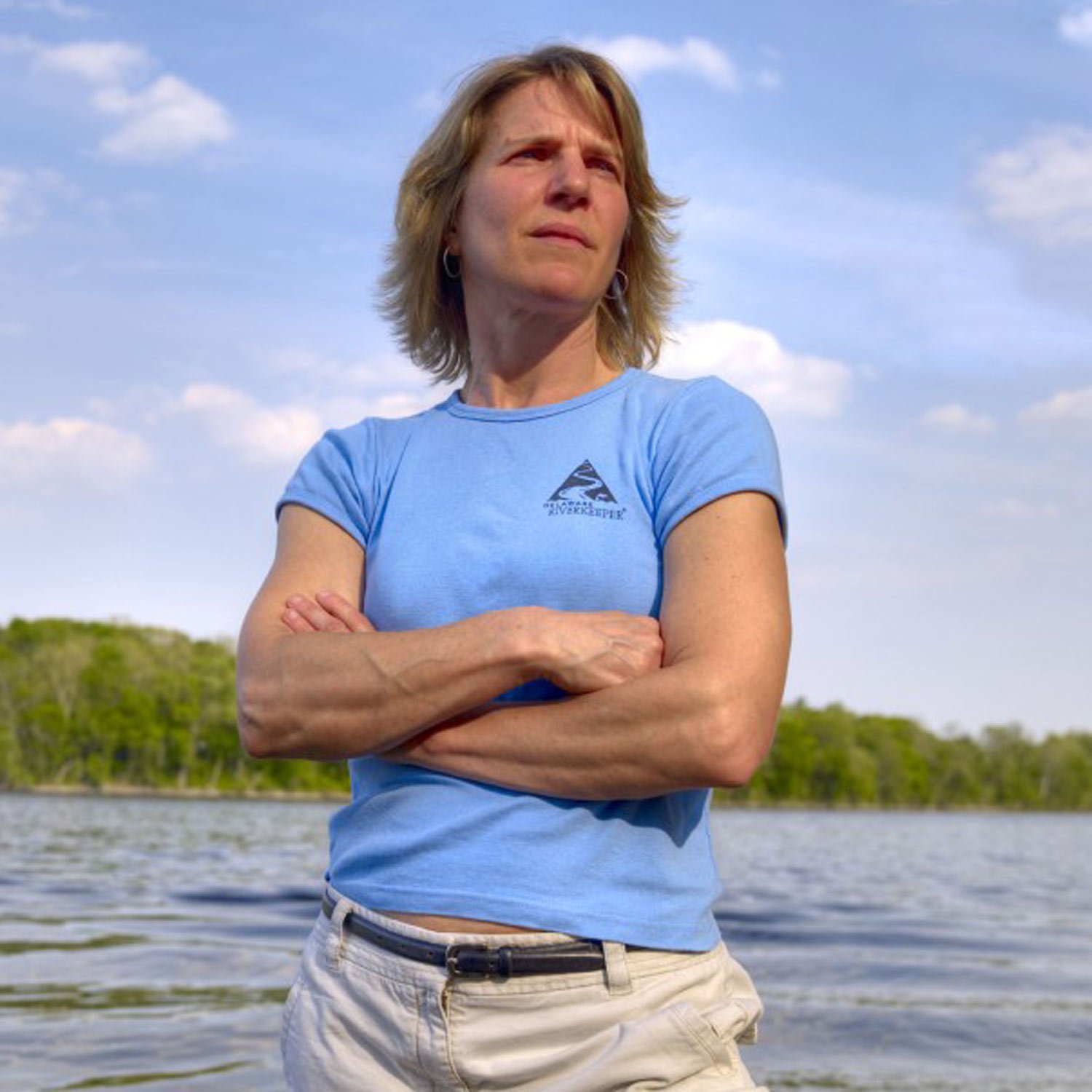MAYA VAN ROSSUM
/Founder of Green Amendments For The Generations · Leader of Delaware Riverkeeper Network
Author of The Green Amendment: The People's Fight for a Clean, Safe, and Healthy Environment
What is a Green Amendment? It is language that recognizes the rights of all people to clean water and clean air, a stable climate, and healthy environments, and obligates the government to protect those rights and the natural resources of the state for the benefit of all the people in the state, or if it was a federal green amendment in the United States, and they become obliged to protect those environmental rights and those natural resources for the benefit of both present and future generations, that's functionally what it does. But to help people understand what it accomplishes, a green amendment actually obligates the government to recognize and protect our environmental rights in the same, most powerful way we recognize and protect the other fundamental freedoms we hold dear. Things like the right to free speech, freedom of religion, civil rights, and private property rights. We all know how powerfully they are protected from government overreach and infringement. Well, when we have Green Amendments, now the environment and our environmental rights are added to that list of highest constitutional freedoms and protections.








